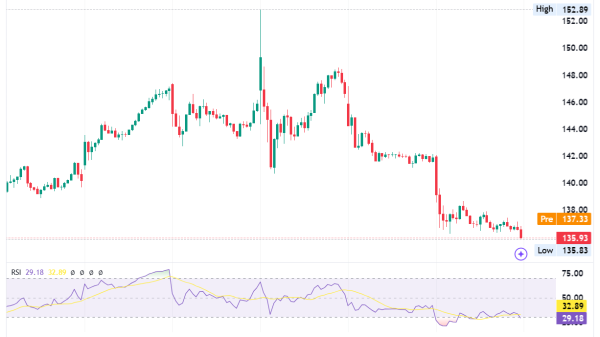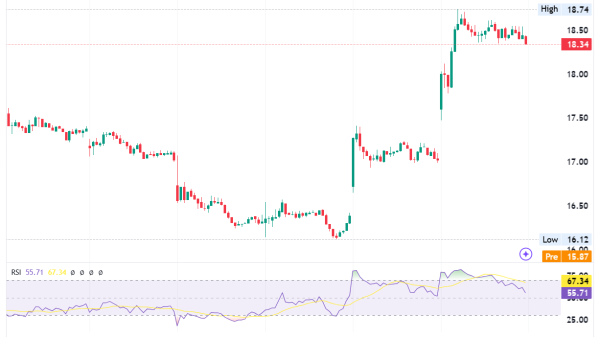Trade Oil – Unlocking Profits Amid Volatility
In the fast-paced world of global finance, few commodities stand as prominent as crude oil. The trade of this liquid gold is a cornerstone of the global economy, impacting everything from gasoline prices to geopolitical stability. In recent days, oil traders have been on a rollercoaster, with fluctuating prices making headlines. This article dives deep into the world of oil trading and explores how traders can seek oil profit in a landscape marked by volatility and uncertainty.
Oil Prices: A Rollercoaster Ride
Oil prices have recently rebounded in Asian trade, following a drop of over 3% in the previous session. The primary reason for this resurgence is the mounting worries over supply, predominantly stirred by conflicts in the Middle East. December Brent crude futures, on the brink of expiration, soared by 65 cents, marking a 0.74% increase and pushing the price to $88.10 per barrel. The more actively traded January Brent crude futures also climbed, gaining 63 cents or 0.73%, reaching $86.98. US West Texas Intermediate crude joined the rally, increasing by 67 cents or 0.81%, reaching $82.98.
These price movements resulted from a cautious sentiment that enveloped the market as investors awaited the US Federal Reserve meeting. Despite the escalation of Israel’s attacks on Gaza, the oil market experienced a degree of uncertainty. Leon Li, an analyst from CMC Markets based in Shanghai, observed, “Although it implemented a ground attack, it also retreated very quickly, and Iran is currently only resorting to verbal deterrence.” He further noted that if the situation evolves into a full-scale invasion involving Iran, tighter supply concerns could resurface, further affecting oil trading.
Iran’s Impact on the Oil Market
One of the most significant factors contributing to the market’s anxiety is the potential disruption to Iranian oil flows. ING analysts have noted that such supply losses could range between 500,000 and 1 million barrels per day if the United States strictly enforces sanctions once again. However, it’s crucial to emphasise that Middle East developments have yet to substantially affect the oil supply.
China’s Role in the Oil Market
On the other side of the globe, China is emerging as a critical player in the oil market. Weaker-than-expected manufacturing and non-manufacturing activity data from China have stoked fears of slowing fuel demand, impacting the world’s second-largest oil consumer. China’s official purchasing managers’ index failed to meet forecasts and dropped below the crucial 50-point level that separates contraction from expansion.
This slump in demand in China is a significant concern for oil traders, as it affects the global landscape of oil trading. The volatile oil market depends heavily on the demand-supply balance. China’s weakening demand could lead to more pronounced price fluctuations.
Venezuela’s Election Uncertainty
Further complicating the oil market landscape is Venezuela. Recent election uncertainties in the country have cast a shadow of doubt over prospects for crude exports. The Supreme Court’s suspension of the results of the opposition presidential primary has raised questions about whether the United States will maintain its relief from sanctions on Venezuela. The United States had previously eased sanctions in return for the promise of fairer elections in 2024. If these promises are not fulfilled, it could lead to a significant shift in oil trading dynamics.
Navigating the Storm
In the high-stakes world of oil trading, staying profitable amidst volatility requires a keen understanding of global dynamics. The recent oil price rebound driven by supply concerns and China’s weakening demand showcases the ever-changing landscape in which traders must operate. As tensions in the Middle East and uncertainties in key oil-producing regions persist, traders must remain vigilant and adaptive to seize oil profit opportunities in this turbulent market. The US Federal Reserve meeting and its potential implications for global markets are just one of the many factors contributing to the ongoing oil market drama. In conclusion, while trade oil remains a challenging endeavour, it also offers the potential for substantial rewards for those who can navigate the storm.
The post Trade Oil – Unlocking Profits Amid Volatility appeared first on FinanceBrokerage.



























